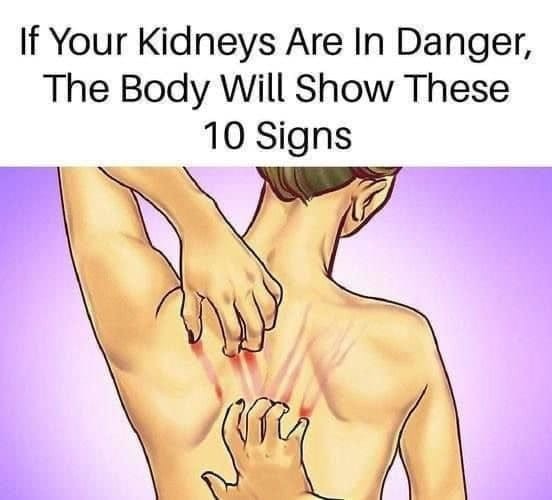2. Changes in Urination
Pay attention to your urination patterns. Warning signs include:
- Increased frequency, especially at night.
- Blood in the urine (hematuria).
- Foaminess or bubbles in urine, which may indicate protein leakage.
- Difficulty or pain during urination.
- Decreased urine output.
Such changes often signal impaired kidney function or a urinary tract issue.
3. Swelling in the Feet, Ankles, or Hands
When the kidneys are not functioning properly, they fail to remove excess fluid from the body. This can result in swelling, particularly in the extremities. Persistent swelling might indicate kidney disease or other underlying conditions.
4. Persistent High Blood Pressure
Your kidneys and blood pressure are intricately linked. Damaged kidneys may struggle to regulate blood pressure, and chronic hypertension can further harm kidney function. If your blood pressure remains elevated despite treatment, your kidneys might be at risk.
5. Puffiness Around the Eyes
Protein leakage in the urine, often due to kidney damage, can cause persistent puffiness around the eyes. This is an early indicator of kidney disease, as healthy kidneys typically retain protein in the bloodstream.
6. Back Pain or Flank Pain
Kidney pain often manifests as a dull ache in the lower back or flank area, just below the rib cage. This can be due to kidney infections, stones, or other conditions affecting these organs. Persistent or severe pain warrants immediate medical attention.
7. Metallic Taste or Bad Breath
Kidney dysfunction can lead to a buildup of waste products in the blood, causing a condition known as uremia. This can result in a metallic taste in the mouth, foul breath, or an aversion to certain foods, especially meat.
8. Unexplained Nausea or Vomiting
A buildup of toxins in the bloodstream due to kidney dysfunction can cause nausea, vomiting, and loss of appetite. These symptoms often appear as kidney function continues to decline.
9. Difficulty Concentrating or Confusion
Impaired kidney function can result in a buildup of toxins and a decrease in red blood cell production, leading to reduced oxygen delivery to the brain. This may cause difficulty concentrating, confusion, or memory issues.
10. Persistent Itching or Dry Skin
Kidneys help maintain the balance of minerals and nutrients in your blood. When they fail to do so, imbalances can cause persistent itching, dryness, or other skin issues. This is often a sign of advanced kidney disease.
When to See a Doctor
If you experience any of these symptoms, consult a healthcare professional promptly. Early detection of kidney issues can significantly improve outcomes. Routine blood and urine tests can help identify kidney problems early, even before symptoms appear.
Protecting Your Kidney Health
To maintain healthy kidneys:
- Stay hydrated by drinking plenty of water.
- Manage conditions like diabetes and hypertension.
- Eat a balanced diet low in salt and processed foods.
- Avoid excessive use of over-the-counter pain relievers.
- Get regular check-ups and monitor your kidney function.
Your kidneys are essential to your overall health, so take proactive steps to protect them. Recognizing the warning signs early can make a significant difference in preventing severe kidney damage and ensuring long-term well-being.

